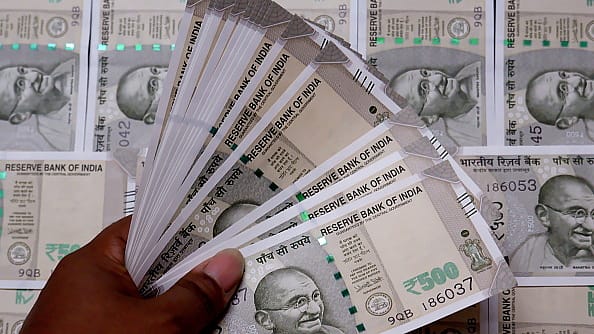75% CEOs in India now earn more than ₹5 crore annually: Deloitte
ADVERTISEMENT

Average annual compensation for chief executive officers (CEOs) in India has risen to ₹13.8 crore, marking a 40% increase from the pre-Covid-19 level of ₹9.8 crore in 2020, a recent survey titled "Deloitte India Executive Performance and Rewards Survey 2024" revealed. The survey analysed 400 organisations (excluding public sector companies) and indicated a doubling in the number of CEOs earning over ₹20 crore in the past four years.
The survey noted that 75% of all CEOs in India now earn more than ₹5 crore annually, up from 66% in 2020. The proportion of CEOs earning between ₹5 crore and ₹10 crore annually decreased from 35% to 26%, while those earning between ₹10 crore and ₹20 crore increased from 22% to 27%. CEOs earning more than ₹20 crore doubled from 10% to 21%.
The survey also highlighted a disparity in compensation between promoter CEOs and professional CEOs. Over the last four years, the average compensation for promoter CEOs rose by 14% to ₹16.7 crore from ₹10 crore, compared to an 8% increase to ₹13 crore from ₹9.7 crore for professional CEOs.
“Over the past four years, the ratio of promoter to professional CEO compensation increased significantly from ~1.0 to 1.3,” it states.
A study of CEO transitions in BSE 200 companies (excluding PSUs) found that 45% of these companies experienced a change in CEO over the last five years. Out of every 10 new CEOs, six were promoted from within the organisation, while the remaining four were recruited externally. The preference for homegrown CEOs was evident, with 60% of new CEOs being internal promotions or hires from within the group/parent company.
Anandorup Ghose, Partner, CHRO (chief HR officer) programme leader, Deloitte India, said, “Promoter CEO compensation outpacing professional CEO compensation is primarily driven by two factors. Professional CEOs change more often than promoter CEOs due to the longer tenure of promoter CEOs at an aggregate. But it is also important to note that the range of promoter CEO compensation is very wide, and that affects the higher averages.”
“Conversations in the boardroom have also shifted from the need for share-based payment to the return from these incentive structures to stakeholders,” Ghose adds.
The survey states that professional CEOs have a higher amount of their pay tied to performance, with 57% of their pay being at risk compared to 47% for promoter CEOs. Also, about 25% of professional CEOs' total pay comes from long-term incentives, which often include shares in the company.
It further states that the percentage of companies using share-based incentives increased from 63% in 2020 to 75% in 2024. The prevalence of Employee Stock Ownership Plans (ESOPs) in CEO compensation decreased from 68% in 2020 to 49% in 2024, with more companies opting for long-term incentives based on performance.